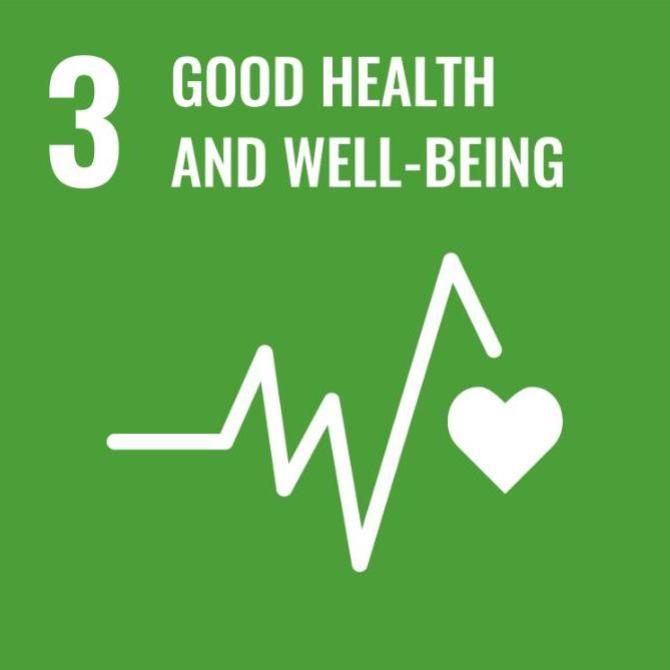Photo caption: Dr Valerie Sotardi is one of the five recipients to receive a Health Delivery Research Activation Grant.
The five recipients from Te Whare Wānanga o Waitaha | University of Canterbury (UC) have received Health Delivery Research Activation Grants. These grants, for established researchers and PhD candidates, provide support and aim to encourage preparation and planning for research within the health field. Details about their research can be read below:
Health Delivery Research Activation Grant 1
Ms Ella Guy, University of Canterbury, and Associate Professor Amy Chan, the University of Auckland
Identifying precursor mechanics to asthma attacks
12 months, $30,000
This research activity aims to establish a collaboration to identify precursor mechanics to asthma attacks and trends in severity to inform preventative treatment management. Prior work by the UC team has developed a home-use clinical tool to analyse patient-specific mechanical lung function. Prior work from the University of Auckland team has identified risk factors and frameworks for testing prediction methods, and as well as experience with asthma treatment methods and protocols. This proposed research activity aims to form a collaboration between these two groups and develop a plan for feasibility testing, alongside how new testing could inform asthma treatment, what would be required to improve current care protocols, how technology can be integrated into digital healthcare systems and platforms, and how this can improve equity in asthma management.
Dr Anushia Inthiran, University of Canterbury
Māori seeking health information: Kōrero mai
18 months, $25,790
The majority of existing research studies in relation to Māori and healthcare have focused on healthcare services seeking behavior and healthcare inequity issues. Little is known about how and where indigenous people of Aotearoa New Zealand seek health information. Hence, a research gap exists here. It is pertinent to answer these questions because Māori require information presented in a culturally relevant way. The presentation of health information in a trivial manner could lead to non-consumption of information, potentially leading to greater health inequities. In addition, the usage of untrustworthy sources would lead to poor health outcomes and reduced health literacy. Knowing where Māori seek health information would enable tailoring and provision of information to their preferences and needs. This will allow for Māori to be empowered and become informed health consumers. More importantly, results will provide valuable insights for the delivery of health care promotion initiatives.
Mr Andrew Kindon, University of Canterbury
Inequitable rates of abdominal aortic aneurysm rupture in Aotearoa
18 months, $30,000
There is strong evidence that Abdominal Aortic Aneurysm (AAA) Screening will be a cost-effective intervention to reduce AAA mortality in New Zealand (NZ). A program was agreed in principle by the National Screening Advisory Committee in 2016 but has not been implemented. Delays in AAA screening disadvantage Māori and socioeconomically deprived communities who suffer higher AAA mortality rates. The reasons for the delays in AAA screening implementation are complex, however, are likely rooted in fragmented research groups across NZ lacking coordination around appropriate screening methodology. This makes it difficult to present a cohesive business case for screening across the country. This project aims to provide a platform for collaborative research between currently dissociated groups to identify, clarify, and prioritize research questions around screening methodology at the national level.
Dr Valerie Sotardi, University of Canterbury
Exploring access to mental health support for rangatahi in New Zealand schools
12 months, $26,731
In Aotearoa, young people hesitate to seek help for mental health issues, despite the presence of wellbeing support services within schools. This research activation grant focuses on mental health service delivery involving eight secondary schools in Aotearoa. It emphasises developing relationships with schools and initiating pilot interviews with school leaders to pinpoint both the obstacles and enabling factors that affect the efficacy of school-based mental health service delivery. Questions such as the specific mental health care needs of rangatahi, their propensity to request assistance, the nature of school support available, and the overall impact of these services are central to this investigation. This research activation grant sets the stage for a larger-scale project aimed at improving both the accessibility and quality of mental health services for rangatahi, thereby ensuring that they can receive equitable, timely, and effective mental health care.
Associate Professor Lincoln Wood, University of Otago, and Dr Mona Koushan, University of Canterbury
System-wide perspectives on surgical delays: Ethnicity and socioeconomic factors
18 months, $30,000
This project aims to improve how hospitals manage their limited surgical resources to better meet the growing demands of patients. Currently, hospitals face challenges such as limited resources, long waiting lists, and staff burnout. This study looks beyond the usual hospital team to include patients, their whānau, and community members in the planning process. By considering cultural, social, and economic factors, the project seeks to understand how these wider groups can influence the efficiency and effectiveness of surgical services. The goal is to develop new strategies that include these overlooked stakeholders, aiming to reduce surgery delays and cancellations, improve access to services, and ensure fair treatment for all, especially for marginalized communities, such as the Māori and Pacific populations in New Zealand. This approach could lead to better surgical outcomes and more equitable healthcare.
 Sustainable Development Goal (SDG) 3 - Good health and wellbeing.
Sustainable Development Goal (SDG) 3 - Good health and wellbeing.





%20photo%20credit%20Angus%20McIntosh.jpg)



.jpg)
